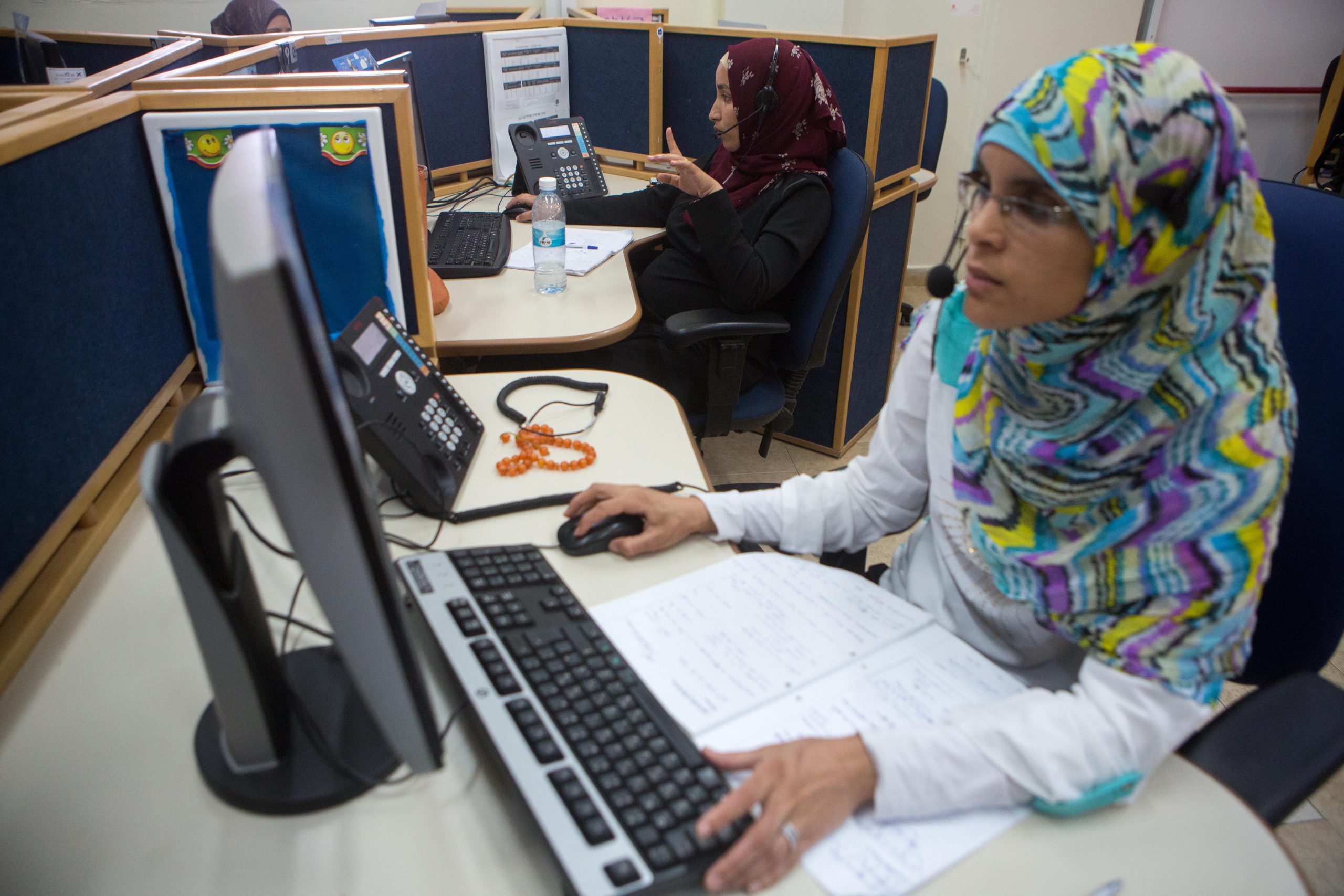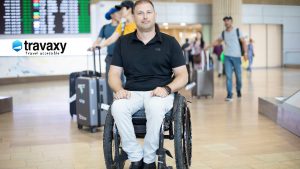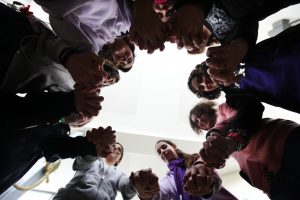Reduced Inequalities


SDG 10- Equal Opportunity for Arab Israelis – Part 1
The Arab community in Israel has undoubtedly been underserved since the establishment of the State. While the challenge now is preserving hard-gained momentum in the face of coronavirus-driven setbacks, winds of change in recent years have clearly led to tangible progress toward fulfilling SDG 10 – Reduced Inequalities.
The strongest indication of this has been Government Resolution 922 (GR-922), an unprecedented five-year economic development plan for Arab society adopted in late 2015 (the planned sum total of monies allocated to assisting Israel’s minority population amounts to NIS 15 billion). Implementation of the plan has made significant inroads in diverse areas of Arab life, including: employment, education, community safety, infrastructure and transportation.
In late October, the cabinet extended the program through 2021. Underscoring the decision’s importance, the Social Equality Minister emphasized that the extension will facilitate implementation of about NIS 4.7 billion in unused funds, particularly crucial in view of the significant harm caused to the Arab community by the COVID-19 pandemic.
Pursuant to the release of these budgets, efforts will be made to secure a supplement for the health area, not sufficiently covered under GR-922. Furthermore, work is underway to consolidate and adopt the next five-year plan, which is expected to reflect professional conclusions drawn from GR-922 implementation.
Employment constitutes one of the key areas to guarantee progress.


Between 2016-19, the Government invested NIS 678 million to advance the economy and employment of the Arab community. In this framework, more than 21,000 Arab citizens participated in training centers and were subsequently found employment. Approximately 2,000 new jobs were added as part of an employer incentive program, 20 business accelerators were created throughout the country and the establishment of four industrial centers in Arab towns are in advanced stages.
In high-tech alone, government subsidies for Arab employees have amounted to NIS 4 million. Hybrid, a high-tech accelerator, is among those working to promote startup initiatives.
Employment has risen steadily throughout this period. For example, male employment increased to 77.3% (from 75.4% in 2016) and female employment rose to 38.2% (from 31.5%) for ages 25-64. Furthermore, financing for the construction of 35 daycare centers has been allocated – also an important component in advancing employment figures going forward.
Concurrently, the Equal Employment Opportunities Commission is working to combat discrimination in the workplace. Unfortunately, the coronavirus crisis is threatening progress made since 2016.
Data recently published by the Israeli Employment Service indicates that Arab citizens accounted for 18.6% of new unemployment benefit applicants during March and April. A closer look at these figures reveals that 57.8% of the new Arab applicants were men and 42.2% were women; among the Jewish population, in which women participation is the job market is much higher, the opposite is the case: 41.2% were men and 58.8% were women.
The figure for income support claims among Bedouins in the Negev is even more acute: about 11.7% for March-April (5% for Arab community as a whole and 3.55% among the general population).
Also, the percentage of younger claimants is higher among Arabs as compared with Jews: 50.7% between the ages of 20-34 (42.6% before the crisis); Jewish claimants in the same age group stood at 44.4% (up from pre-crisis figure of 40.4%).
According to a report from Israel’s Civil Service Commission in late May, Arabs accounted for 12.2% of civil service employees. While this figure is higher than the 10% goal set, other relevant data need to be figured in: Arabs comprise 20% of the general population, and 17.5% of employees in the health system. Consideration reportedly being given to raising the overall goal to 15% can be understood in this context.
The coronavirus crisis struck just as Israel could point to significant progress in upgrading Arab employment. The country will now need to wisely calibrate its next steps in an area vital to future progress.
Updated: November 2020
Related articles


SDG 10- Travaxy – Equal Travel Opportunities for people with disabilities Never Felt So Right
Reduced Inequalities Whilst the travel industry has largely been put on hold due to the covid-19 pandemic, it’s an exciting and wonderful part of our


SDG 10-Equal Opportunity for Arab Israelis – Part 2
Reduced Inequalities Updated: November 2020 Part one of this series on the status of equality for Israel’s Arab community following the 2015 adoption of a


SDG 10-Arab Empowerment: Continuing the Momentum
Reduced Inequalities Two months ago we asked the question: “Will Israel’s New Budget Advance SDGs?” Well, the country’s first budget in three years (covering fiscal


















